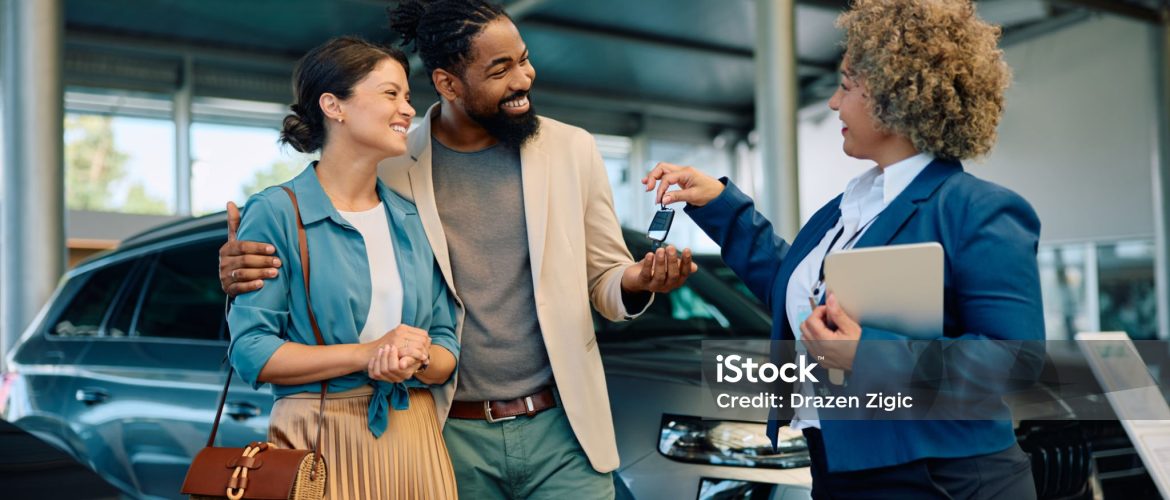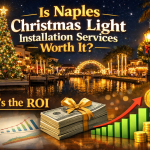When buying a used vehicle, the decision often comes down to this: should you buy from a private seller or a licensed dealership? While the private route may offer a lower sticker price, it also comes with added risk. Dealerships typically provide more structure, legal protection, and buyer support.
Here’s a breakdown of what each option really means for your safety, paperwork, and long-term peace of mind.
The Private Sale Option
Buying directly from a vehicle owner might feel more informal, but it requires diligence. The main attraction is price. Private sellers are not bound by the same regulations as dealerships and do not carry overhead costs. This often translates into lower prices, which can be appealing for budget-conscious buyers.
However, the savings come with responsibility.
What you gain
Lower upfront cost
Direct negotiation with the seller
More flexibility on meeting times and payment methods
What you risk
No warranty or return policy
No obligation to disclose all mechanical or structural issues
You manage all paperwork, lien checks, and inspections yourself
If the car breaks down a week later, there is no refund. Once the title is signed and funds are exchanged, you own it, faults and all.
Dealerships: Legal Protection and Professional Process
Dealerships offer more than inventory. They provide a structured, regulated environment with clear processes. A licensed dealer must follow provincial guidelines, disclose known issues, and in many cases, ensure the vehicle passes safety inspections.
This matters most in regions with strict consumer protections. Buyers looking at used car dealerships in Nova Scotia, for example, will find that vehicles must meet provincial safety standards before they are listed for sale. Dealers are held accountable for misrepresentation.
What you gain
Professionally inspected vehicles
Clear title, with lien-free verification
Assistance with taxes, registration, and financing
Optional warranties or service plans
Trade-in options and credit financing
A reputable dealer like Carlantic often provides added confidence. The dealership’s reputation depends on long-term customer satisfaction, not just the sale.
What you pay for
Higher sticker price
Added dealer or documentation fees
Fixed pricing structure in many cases
However, these added costs come with measurable value. For most buyers, especially first-timers or those without mechanical expertise, this added peace of mind is worth the premium.
Key Considerations: Safety, Paperwork and Risk
Safety
With a dealership, the vehicle is often inspected, detailed, and repaired before sale. Private sellers may skip this process. You could be buying a vehicle with worn brakes, faulty sensors, or hidden water damage.
Regardless of the seller, always request a third-party inspection if possible.
Paperwork
Dealers handle lien checks, registration, and title transfer. Private sellers leave that responsibility to you. Errors can delay ownership or expose you to legal and financial risk.
Before finalizing a private sale, always verify ownership and ensure the VIN on the vehicle matches the documents. Check for outstanding recalls and verify the odometer reading.
Financial Risk
If a dealership misrepresents a vehicle, you can file a complaint with a regulatory board. In a private sale, your only option may be civil court.
When to Choose Private vs. Dealer
Go private if:
You have cash available and are mechanically savvy
You are buying a low-cost, secondary vehicle
You have time to manage paperwork and inspections
Go dealership if:
You want a safer, more regulated experience
You prefer financing or trade-in options
You want a warranty or return policy
You value customer service and after-sale support
FAQs
Is it cheaper to buy a used car from a private seller?
Yes, but the lower price comes with fewer protections and no warranty. The savings can be outweighed by repair or legal costs if something goes wrong.
What are the risks of a private car sale?
Lack of disclosure, title issues, and no recourse after the sale. You are responsible for checking liens, registration, and mechanical condition.
Do dealerships charge more?
Generally, yes. However, the price includes inspection, paperwork processing, and customer service. Some buyers find the added security worth the premium.
Can I get financing with a private seller?
No. Most private sales require full payment. Dealerships offer structured financing and payment plans.
What should I verify in a private sale?
VIN match, clean title, no liens, valid registration, and a clean mechanical inspection.



